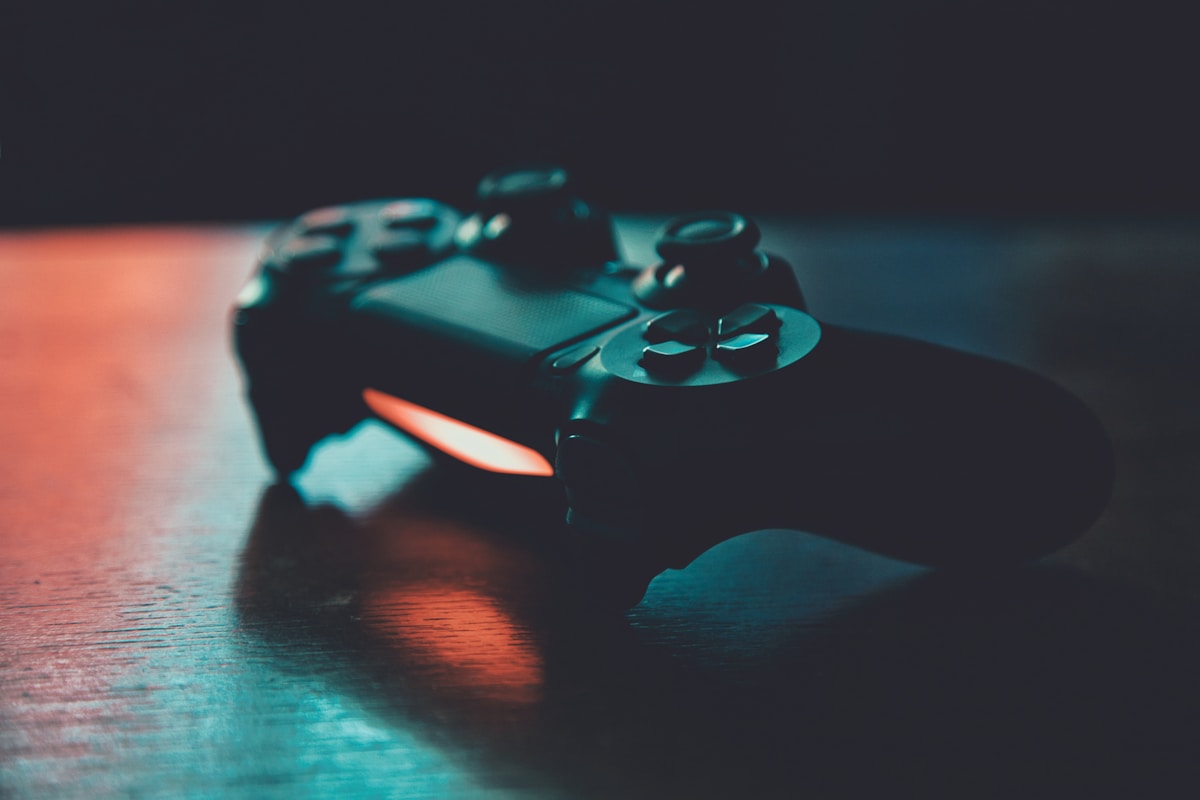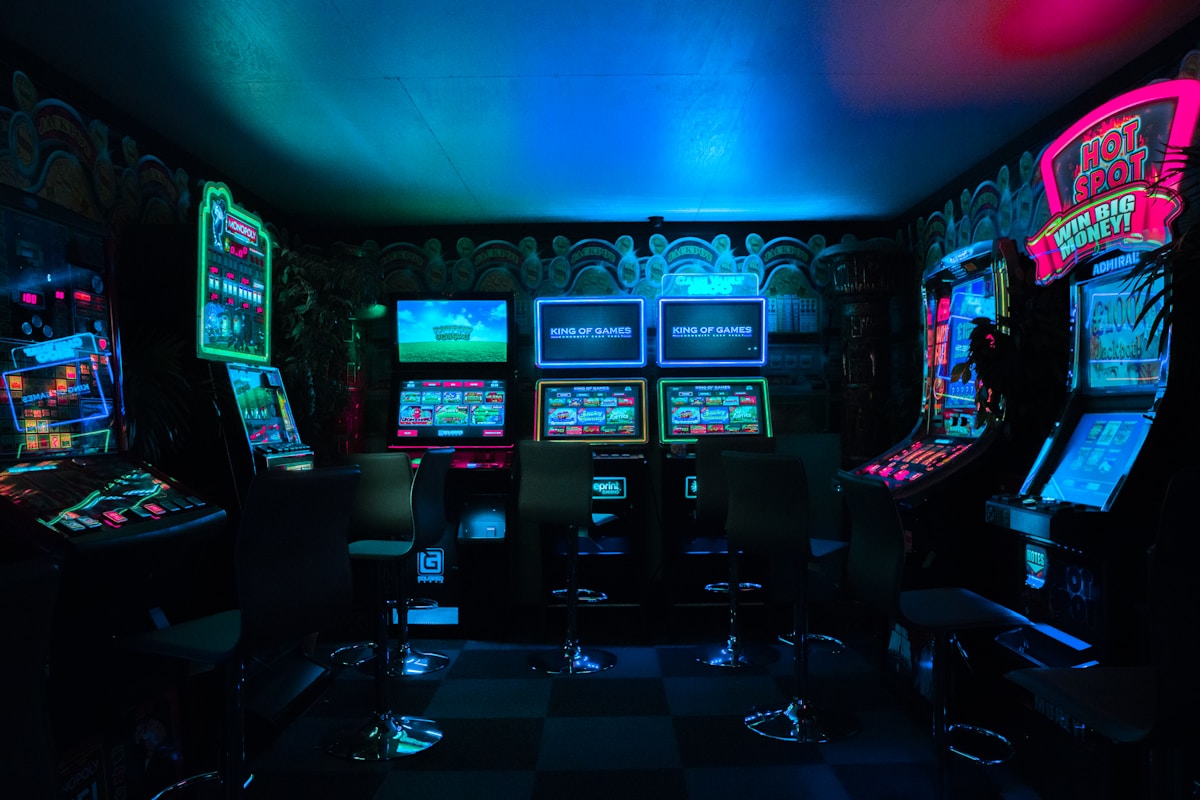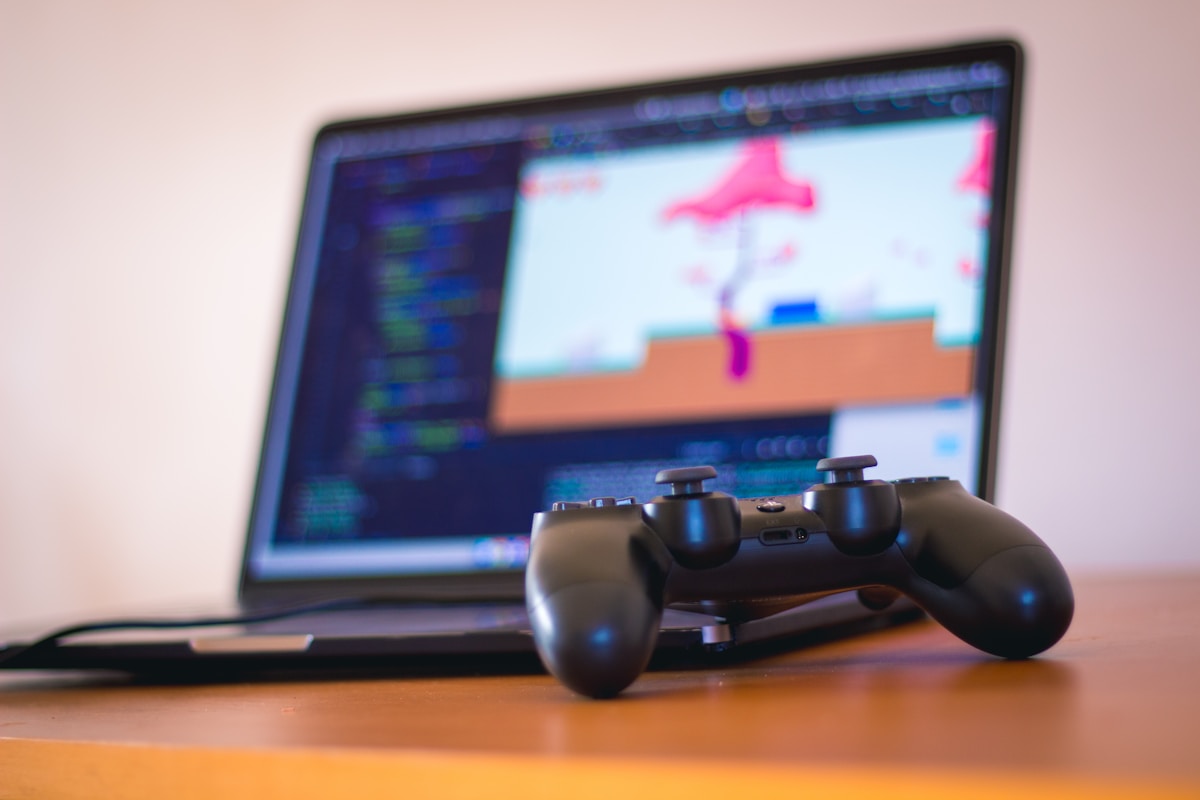The gaming industry saw a major power shift in December 2024 when Sony officially became the largest shareholder in Kadokawa Corporation, the media conglomerate that owns FromSoftware, creator of Elden Ring and Dark Souls. Sony paid approximately $320 million for a 10 percent stake, solidifying a strategic partnership that will reshape anime, gaming, and entertainment globally. The deal took effect on January 7, 2025, making Sony the dominant voice in one of Japan’s most valuable entertainment companies.
While Sony aggressively pursues acquisitions and partnerships, legendary game director Hideo Kojima continues taking the opposite approach. He recently revealed that he receives acquisition offers constantly, some with ridiculously high price tags, but rejects every single one. Kojima’s commitment to independence stands in stark contrast to the consolidation happening across the gaming industry, and his reasons for staying independent offer insight into what drives one of gaming’s most creative minds.
Sony’s Strategic Kadokawa Partnership
The Sony-Kadokawa deal represents one of the most significant entertainment partnerships in recent Japanese business history. Sony invested 50 billion yen, approximately $320 million, to acquire 12,054,100 new Kadokawa shares. This 10 percent stake makes Sony the company’s largest single shareholder, granting them substantial influence over Kadokawa’s operations and a seat on the board of directors.
This wasn’t Sony’s first investment in Kadokawa. The electronics and entertainment giant already held a smaller stake since 2021, and separately owned 14.09 percent of FromSoftware directly through a 2022 investment shared with Tencent. The December 2024 deal consolidates Sony’s position and transforms what was a financial relationship into a full strategic alliance focused on maximizing intellectual property value globally.
What Kadokawa Brings to Sony
Kadokawa Corporation is a media powerhouse with tentacles stretching across multiple entertainment sectors. The company owns FromSoftware, the acclaimed game studio behind Elden Ring, Dark Souls, Bloodborne, and Sekiro. FromSoftware alone makes Kadokawa valuable, but the company’s reach extends far beyond gaming into anime production, manga publishing, light novels, and film distribution.
Kadokawa publishes popular manga titles, operates the Kakuyomu web novel platform with 1.2 million registered users and 720,000 uploaded works, and produces anime through multiple studio partnerships. The company also owns Spike Chunsoft, another respected game developer responsible for the Danganronpa series and AI The Somnium Files. For Sony, Kadokawa represents a treasure trove of intellectual property ripe for cross-media expansion.
The Anime Focus Behind the Deal
While gamers immediately fixated on FromSoftware when the Kadokawa deal was announced, Sony’s primary motivation centers on anime and manga. The joint statement from both companies explicitly emphasized strengthening collaboration to maximize IP value globally, with particular focus on anime content creation and distribution.
Kadokawa plans to use approximately 20 billion yen, roughly $128 million from the Sony investment proceeds by 2030 to create, develop, and acquire new anime, live-action, and video game IPs. This could involve expanding the Kakuyomu platform, partnering with or acquiring other publishers, anime studios, and game companies in deals ranging from $630,000 to $32 million each.
Sony’s Anime Empire Grows
The Kadokawa partnership builds on Sony’s existing anime dominance. Sony purchased Crunchyroll in 2021 for $1.2 billion, transforming the once semi-legal streaming site into the premier destination for anime outside Japan. Sony also owns Funimation, Aniplex, and has distribution agreements with dozens of anime studios. The Kadokawa investment gives Sony direct access to source material, production capabilities, and distribution channels all in one package.
The remaining 29.7 billion yen from the investment, approximately $190 million, will fund Kadokawa’s expansion into English-speaking and Chinese-speaking markets. This includes building manufacturing, distribution, and sales operations abroad to compete with rivals like Netflix and Disney who are aggressively pursuing anime content. Sony’s global distribution infrastructure combined with Kadokawa’s content creation abilities positions both companies to dominate the international anime market.
What This Means for FromSoftware
FromSoftware fans immediately worried about PlayStation exclusivity when Sony’s interest in Kadokawa first leaked. However, the reality appears more nuanced. Sony now effectively controls approximately 24 percent of FromSoftware through its combined direct stake in the studio and its Kadokawa shares. That’s significant influence but not outright ownership or control over the developer’s release strategy.
FromSoftware has historically published games with multiple partners. Bandai Namco published Elden Ring and the Dark Souls series, while Sony published Bloodborne and Demon’s Souls as PlayStation exclusives. This multi-partner approach will likely continue unless Sony dramatically increases its stake to gain majority control. The December 2024 agreement specifically stated Sony would not acquire additional Kadokawa shares at this time, suggesting the 10 percent investment represents Sony’s intended position for now.
Employee Reactions Were Positive
Interestingly, Kadokawa employees reportedly welcomed Sony’s increased involvement. According to reports from Japanese media outlets, many Kadokawa staff members felt optimistic about the partnership because they wanted changes in leadership and management structure. Sony’s reputation for providing creative freedom while maintaining business discipline appealed to employees frustrated with previous management approaches.
This positive internal reaction suggests Sony won’t radically restructure Kadokawa’s operations or impose restrictive policies on studios like FromSoftware. Sony’s track record with acquired studios has been mixed. Some like Insomniac Games and Guerrilla Games flourished under PlayStation ownership, while others struggled with mandates and restructuring. The strategic partnership model with Kadokawa rather than full acquisition might preserve more autonomy than typical buyouts.
Kojima’s Steadfast Independence
While Sony expands its entertainment empire through strategic investments, Hideo Kojima remains committed to independence at all costs. During a November 2022 episode of his Brain Structure podcast, Kojima revealed he receives acquisition offers from companies worldwide constantly. Many of these offers come with ridiculously high price tags that would make most business owners immediately cash out.
Kojima’s response? Absolute rejection every single time. The Death Stranding creator explained his reasoning clearly. It’s not that I want money. I want to make what I want to make. That’s why I created this studio. So as long as I’m alive, I don’t think I will ever accept those offers. For Kojima, creative freedom matters more than any financial windfall, no matter how massive the number gets.
The Konami Experience Shaped His Views
Kojima’s fierce protection of independence stems directly from his experience at Konami. Kojima worked at the publisher for nearly 30 years, creating the Metal Gear franchise and establishing himself as one of gaming’s most visionary directors. However, his relationship with Konami deteriorated dramatically during Metal Gear Solid V The Phantom Pain’s development.
Reports suggested Konami’s management increasingly prioritized mobile gaming and pachinko machines over console game development. The company allegedly restricted Kojima’s creative freedom, removed his name from marketing materials, and made the workplace environment hostile. When Kojima Productions split from Konami in December 2015, Kojima left behind the Metal Gear franchise he created but gained something he valued more. Complete creative control.
How Kojima Productions Operates
After leaving Konami, Kojima established the new independent Kojima Productions with a clear philosophy. The studio would remain small, agile, and focused exclusively on projects Kojima personally wanted to create. He partnered with Sony Interactive Entertainment for publishing support and funding but maintained full ownership of the studio and intellectual properties.
This partnership model with Sony for Death Stranding proved ideal for Kojima’s needs. Sony provided financial backing, marketing muscle, and distribution capabilities without demanding creative control or ownership of Kojima Productions itself. The arrangement allowed Kojima to make the exact game he envisioned, a divisive slow-paced delivery simulator exploring themes of connection and isolation, without interference from executives worried about mainstream appeal.
Creative Freedom Over Financial Security
Kojima’s willingness to turn down massive acquisition offers demonstrates a rare prioritization of artistic vision over financial optimization. In an industry increasingly dominated by consolidation, with Microsoft purchasing Activision Blizzard for $69 billion, Sony acquiring Bungie for $3.6 billion, and countless smaller studios selling to larger publishers, Kojima stands as one of few high-profile holdouts.
His reasoning resonates with other independent developers who fear losing creative identity after acquisitions. Many studios that sold to larger companies report increased bureaucracy, mandated design changes to fit publisher strategies, and pressure to create games that match corporate revenue targets rather than creative ambitions. For someone like Kojima whose entire reputation rests on making unconventional games that push boundaries, acquisition represents an existential threat to everything that makes his work distinctive.
The Industry Consolidation Context
The contrast between Sony’s aggressive expansion through Kadokawa and Kojima’s resistance to acquisition offers reflects two competing visions for gaming’s future. Large publishers argue consolidation creates efficiencies, enables bigger budgets for ambitious projects, and provides financial stability that allows developers to take creative risks without fear of bankruptcy if a single game underperforms.
Independent developers counter that consolidation homogenizes gaming by forcing everything through corporate filters that prioritize safe, marketable content over artistic experimentation. They point to numerous examples of creative studios losing their identity after acquisitions, with unique voices replaced by committee-designed products engineered to appeal to the broadest possible audience.
Sony’s Expanding Gaming Portfolio
Beyond Kadokawa, Sony has steadily expanded its gaming and entertainment reach through strategic investments and full acquisitions. The company purchased Bungie for $3.6 billion in 2022, acquired Haven Studios in 2022, bought Savage Game Studios in 2022, and invested in companies like Epic Games, Discord, and Devolver Digital. Each move strengthens Sony’s position in different gaming sectors from live service to indie publishing.
In July 2025, Sony further expanded its Elden Ring connections by acquiring a 2.5 percent stake in Bandai Namco, Elden Ring’s publisher. This $400 million investment creates another strategic partnership focused primarily on anime and manga but also strengthening ties around gaming projects. Sony now has significant stakes in both the developer FromSoftware and publisher Bandai Namco for future Elden Ring projects, positioning itself perfectly for the franchise’s continued expansion including the announced Elden Ring film.
What Comes Next
The Sony-Kadokawa partnership will likely produce visible results within the next few years. Expect Sony Pictures to develop live-action adaptations of Kadokawa anime and light novel properties, expanded global distribution for Kadokawa anime through Crunchyroll, and potentially more FromSoftware games receiving PlayStation marketing focus similar to Demon’s Souls and Bloodborne.
Kojima Productions will continue operating independently, with Kojima currently developing multiple projects including Death Stranding 2 for PlayStation and an Xbox-published espionage game codenamed Overdose. His studio also announced Physint, a new action-espionage franchise Sony is publishing. These partnerships provide Kojima the resources he needs while preserving his creative autonomy, proving independence doesn’t require complete isolation from major publishers.
Industry Trends Point to More Consolidation
Despite Kojima’s resistance, industry analysts expect consolidation to accelerate. Rising development costs, longer production timelines, and the failure of many big-budget games to break even create enormous financial pressure on independent studios. Publishers with deep pockets can absorb the risk of a failed release, while independent studios often face bankruptcy if a single game underperforms.
This economic reality means more studios will likely accept acquisition offers despite losing some creative freedom. However, Kojima’s continued independence proves it remains possible for exceptional creators with strong industry relationships to maintain autonomy. His success provides a roadmap for other developers who prioritize creative vision over corporate security.
FAQs
Did Sony buy FromSoftware?
No, Sony did not buy FromSoftware outright. Sony invested $320 million to become the largest shareholder in Kadokawa Corporation, which owns FromSoftware. Sony now controls approximately 10 percent of Kadokawa and separately owns 14.09 percent of FromSoftware directly, giving them influence but not majority control.
Will FromSoftware games become PlayStation exclusive?
Not necessarily. While Sony has increased influence through its Kadokawa stake, the company specifically agreed not to acquire additional shares at this time. FromSoftware will likely continue its multi-publisher approach with some games on PlayStation exclusively like Bloodborne and others multi-platform like Elden Ring published by Bandai Namco.
Why did Sony invest in Kadokawa?
Sony’s primary motivation is anime and manga expansion, not gaming. The partnership allows Sony to access Kadokawa’s vast library of IP for adaptation into anime, live-action films, and global distribution through Sony’s entertainment platforms. Gaming benefits are secondary to the anime strategy.
How much did Sony pay for the Kadokawa stake?
Sony paid approximately 50 billion yen, equivalent to $320 million, for 12,054,100 new Kadokawa shares. This represents a 10 percent stake in the company and made Sony the largest single shareholder when the deal took effect on January 7, 2025.
Why does Kojima refuse to sell his studio?
Hideo Kojima wants to maintain complete creative control over his projects. He receives acquisition offers constantly with very high price tags but rejects them all because he values making games he wants to make more than financial security. His negative experience with creative restrictions at Konami reinforced his commitment to independence.
Is Kojima Productions completely independent?
Yes, Kojima Productions is independently owned by Hideo Kojima himself. However, the studio partners with publishers like Sony Interactive Entertainment and Xbox Game Studios for funding, marketing, and distribution on specific projects while retaining ownership of the studio and creative control over development.
What other companies does Sony own in gaming?
Sony owns numerous gaming studios including Naughty Dog, Insomniac Games, Guerrilla Games, Sucker Punch, and Bungie. Sony also holds stakes in Epic Games, FromSoftware, Kadokawa, Bandai Namco, and other companies. Through Crunchyroll, Sony dominates anime streaming globally.
When will we see results from the Sony-Kadokawa partnership?
Kadokawa plans to use the Sony investment funds through 2030, so expect new anime productions, live-action adaptations, and expanded global distribution over the next five years. Gaming collaborations will likely continue FromSoftware’s existing multi-publisher approach with potentially more Sony marketing support.
Conclusion
The Sony-Kadokawa partnership represents a massive consolidation move that will reshape anime and gaming for years to come. Sony’s $320 million investment gives them unprecedented access to one of Japan’s most valuable entertainment companies, positioning Sony to dominate global anime distribution while strengthening their gaming portfolio with FromSoftware’s acclaimed titles. The deal reflects the broader industry trend toward consolidation as major publishers pursue vertical integration across content creation, production, and distribution. Meanwhile, Hideo Kojima’s unwavering commitment to independence stands as a counterpoint to this consolidation wave, proving that exceptional creative talents can still maintain autonomy in an industry increasingly dominated by corporate giants. His willingness to reject massive buyout offers because he values creative freedom over financial security resonates with fans who worry about homogenization as unique studios disappear into corporate structures. The contrast between these two stories captures the tension currently defining the gaming industry. Will the future belong to massive integrated entertainment companies like Sony that control everything from source material to final distribution, or can independent creators like Kojima prove there’s still room for artistic vision outside corporate ecosystems? The answer will likely involve both models coexisting, with consolidation continuing for most studios while a small number of exceptional creators maintain independence through publisher partnerships that provide resources without demanding ownership. The next five years will reveal whether Sony’s bet on Kadokawa pays off with global anime and gaming dominance, and whether Kojima’s independent path continues producing the unconventional masterpieces that made him a legend.




